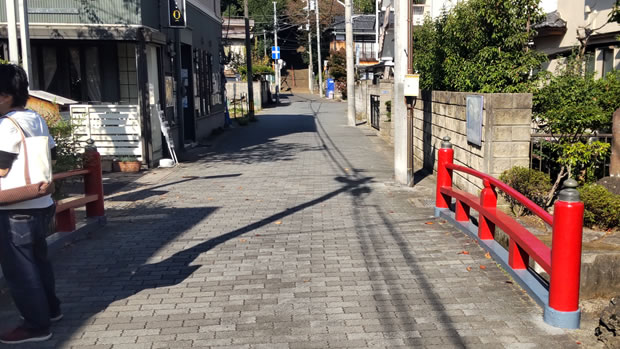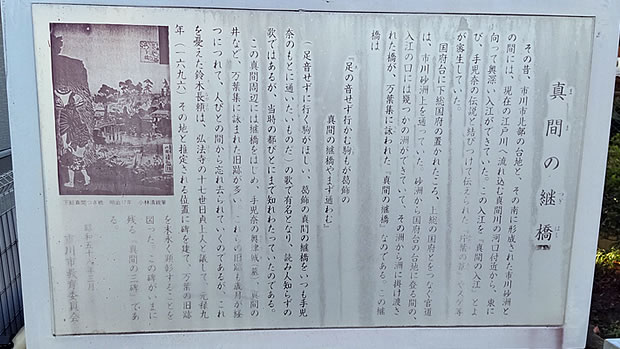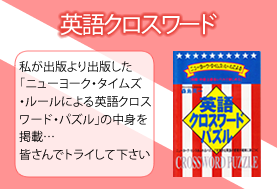
VOLUME-14
☆Poet’s name unknown:
足音せず
行かむ駒もが
葛飾の
真間の継橋
やまず通はむ
(詠み人知らず 巻14-3387)
Ano oto sezu
Ikamu Koma moga
Katsushika-no
Mama-no Tsugihashi
Yamazu kayohamu

If I had a colt,
That makes no noise in its hooves,
When I let it trot
On the Plank Bridge of Mama,
I’d come every day to you!
(Vol.14-3387)
Yet another poem on Mama, Ichikawa, this time about the Plank Bridge that used to be installed here and there in Mama Inlet. Now that Mama area has long dried up, there is no need for bridges (except for crossing Mama River nearby, an estuary to Edogawa River), but the community built a monument about it with a model bridge so visitors may imagine Mama as it once was in ancient times, evoking romance and poesy.
Speaking of the original Japanese version, as listed above, 「足の音」would be most naturally (naturally in modern Japanese way) read out, “ashi-no oto”, But in that case the first line of the poem does not conform to the standard rule of Tanka of 5-7-5-7-7
(syllables in each of 5 lines). I checked with various sources, and found out that the original writing of the first line in Man-Yoh Gana (万葉仮名), using Chinese characters phonetically for the corresponding pronunciation of each syllable, has it that it is written as “a-no-oto”. Hence the first line in the Alphabet version, and it comes more in line with the rule (still with 6, instead of 5 syllables, though).
Walking on Daimon Dohri(Big Gate Street) adjacent to Guhoih-ji Temple, you will find the model bridge installed over a brooklet-like hollows underneath the road. See photo I took.
―――
◎◎◎

 ● BILOG“MAN-YOH-SHUH”topに戻る
● BILOG“MAN-YOH-SHUH”topに戻る





